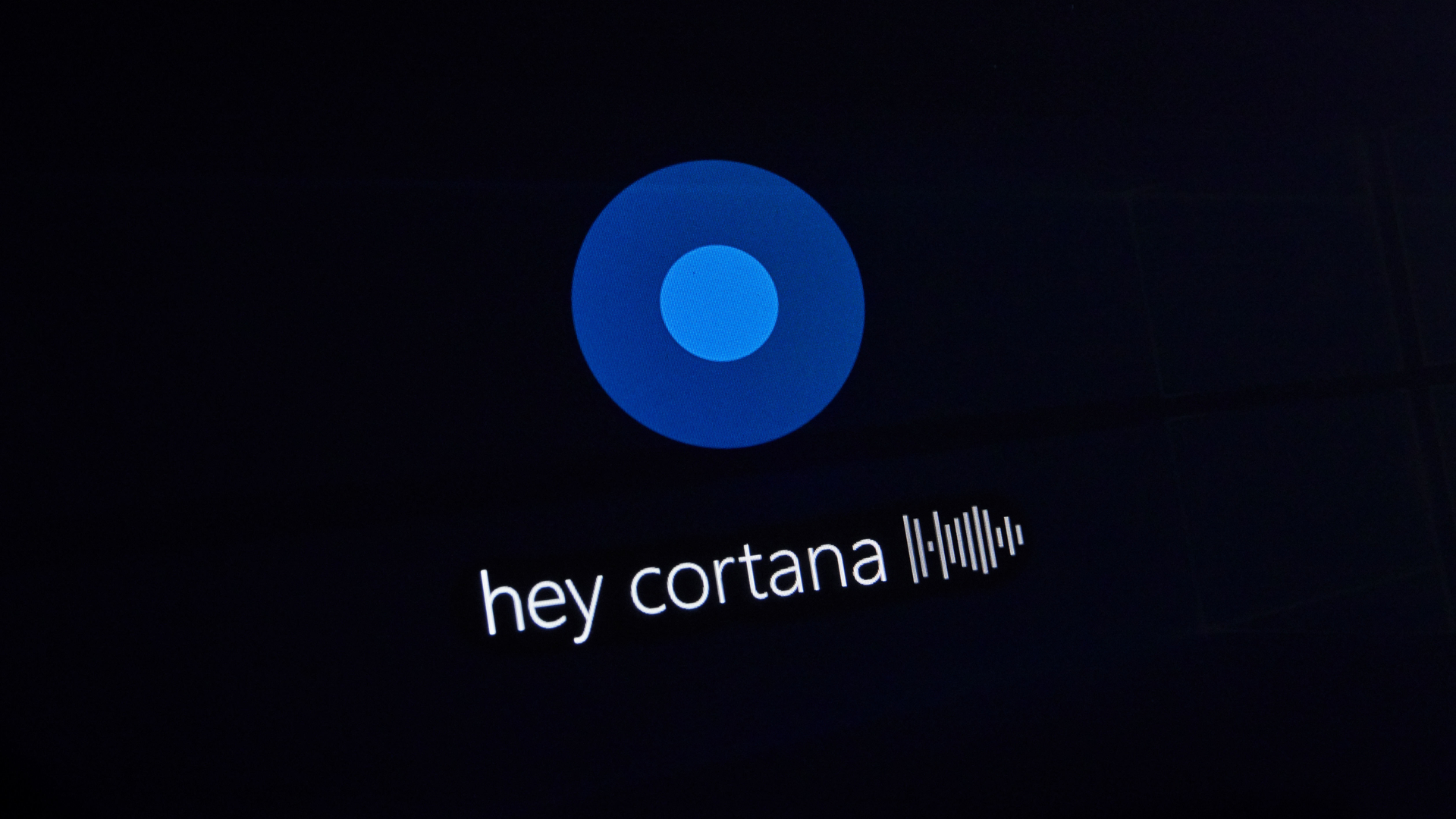Users warn of massive Cortana CPU spikes with latest Windows update
Buggy process can be gobbling up as much as 90% of processor use


Microsoft customers have reported experiencing massive spikes in their CPU activity after installing the most recent Windows update.
Canny users who monitored their Task Manager said their Cortana process had started using up to 40% of the CPU's power following the patch.
The spike in CPU usage will not only tank the performance of a computer, but also the battery life if working on the move.
Irked Windows users have taken to online forums such as Reddit and the Windows 10 feedback hub to voice their frustration, but so far have been met with silence from Microsoft.
"It took MS over two weeks to fix this month's broken Visual Basic apps and now this," wrote one user. "On to waiting next month's patching round, I guess. Goddamn garbage quality control," they added.

Across the forums, users are reporting anywhere between 10% and 90% CPU increases, with the average being around 30%.
The same issues were found in the update's beta phase testing, however, Windows Insider testers claim their reports were ignored by Microsoft, according to Windows Latest.
Sign up today and you will receive a free copy of our Future Focus 2025 report - the leading guidance on AI, cybersecurity and other IT challenges as per 700+ senior executives
The official Microsoft page for the update, known as OS Build 18362.329, still doesn't acknowledge the issue in the 'known issues' section.
Instead, it reads "Microsoft isn't aware of any other issues with this update," at the time of writing.
Microsoft did not reply to IT Pro's request for comment at the time of writing.
Fortunately for those affected, there is a workaround for the performance-guzzling problem. One way to is to delete a Registry Key to prevent the Start Menu from sending local search queries to Bing.
Playing around with Registry Keys isn't something that the everyday Windows user should be doing, as deleting the wrong one could lead to serious problems that may require a fresh Windows install.
One savvy user noticed the issue may stem from a cache folder located at: c:\Windows\SystemApps\Microsoft.Windows.Cortana_cw5n1h2txyewy\cache\ - which caused Cortana's initialisation process to loop continuously.
Renaming the cache folder and copying one's old cache folder from a backup of the previous Windows release (if you have one) would also solve the issue.
Users can also uninstall the update and revert to a previous Windows version if they feel uncomfortable editing the Registry and/or don't have a backup of their system before updating.

Connor Jones has been at the forefront of global cyber security news coverage for the past few years, breaking developments on major stories such as LockBit’s ransomware attack on Royal Mail International, and many others. He has also made sporadic appearances on the ITPro Podcast discussing topics from home desk setups all the way to hacking systems using prosthetic limbs. He has a master’s degree in Magazine Journalism from the University of Sheffield, and has previously written for the likes of Red Bull Esports and UNILAD tech during his career that started in 2015.
-
 Cloudflare is cracking down on AI web scrapers
Cloudflare is cracking down on AI web scrapersNews Cloudflare CEO Matthew Prince said AI companies have been "scraping content without limits" - now the company is cracking down.
-
 Swiss government data published following supply chain attack – here’s what we know about the culprits
Swiss government data published following supply chain attack – here’s what we know about the culpritsNews Radix, a non-profit organization in the health promotion sector, supplies a number of federal offices, whose data has apparently been accessed.
-
 MCP servers used by developers and 'vibe coders' are riddled with vulnerabilities – here’s what you need to know
MCP servers used by developers and 'vibe coders' are riddled with vulnerabilities – here’s what you need to knowNews Security researchers have issued a warning over rampant vulnerabilities found in MCP servers used by developers and 'vibe coders'.
-
 AI-generated code is in vogue: Developers are now packing codebases with automated code – but they’re overlooking security and leaving enterprises open to huge risks
AI-generated code is in vogue: Developers are now packing codebases with automated code – but they’re overlooking security and leaving enterprises open to huge risksNews While AI-generated code is helping to streamline operations for developer teams, many are overlooking crucial security considerations.
-
 Shifting left might improve software security, but developers are becoming overwhelmed – communication barriers, tool sprawl, and ‘vulnerability overload’ are causing serious headaches for development teams
Shifting left might improve software security, but developers are becoming overwhelmed – communication barriers, tool sprawl, and ‘vulnerability overload’ are causing serious headaches for development teamsNews Developers are becoming overwhelmed amid the 'shift left' in development practices, new research shows.
-
 The NCSC wants developers to get serious on software security
The NCSC wants developers to get serious on software securityNews The NCSC's new Software Security Code of Practice has been welcomed by cyber professionals as a positive step toward bolstering software supply chain security.
-
 Red teaming comes to the fore as devs tackle AI application flaws
Red teaming comes to the fore as devs tackle AI application flawsNews Only a third of organizations employ adequate testing practices in AI application development, according to new research, prompting calls for increased red teaming to reduce risks.
-
 ‘Frontier models are still unable to solve the majority of tasks’: AI might not replace software engineers just yet – OpenAI researchers found leading models and coding tools still lag behind humans on basic tasks
‘Frontier models are still unable to solve the majority of tasks’: AI might not replace software engineers just yet – OpenAI researchers found leading models and coding tools still lag behind humans on basic tasksNews AI might not replace software engineers just yet as new research from OpenAI reveals ongoing weaknesses in the technology.
-
 Java developers are facing serious productivity issues: Staff turnover, lengthy redeploy times, and a lack of resources are hampering efficiency – but firms are banking on AI tools to plug the gaps
Java developers are facing serious productivity issues: Staff turnover, lengthy redeploy times, and a lack of resources are hampering efficiency – but firms are banking on AI tools to plug the gapsNews Java developers are encountering significant productivity barriers, according to new research, prompting businesses to take drastic measures to boost efficiency.
-
 Software security debt is spiraling out of control – remediation times have surged 47% in the last five years, and it’s pushing teams to breaking point
Software security debt is spiraling out of control – remediation times have surged 47% in the last five years, and it’s pushing teams to breaking pointNews Software security flaws are taking longer to fix than ever, with remediation times having grown by 47% in the last five years.